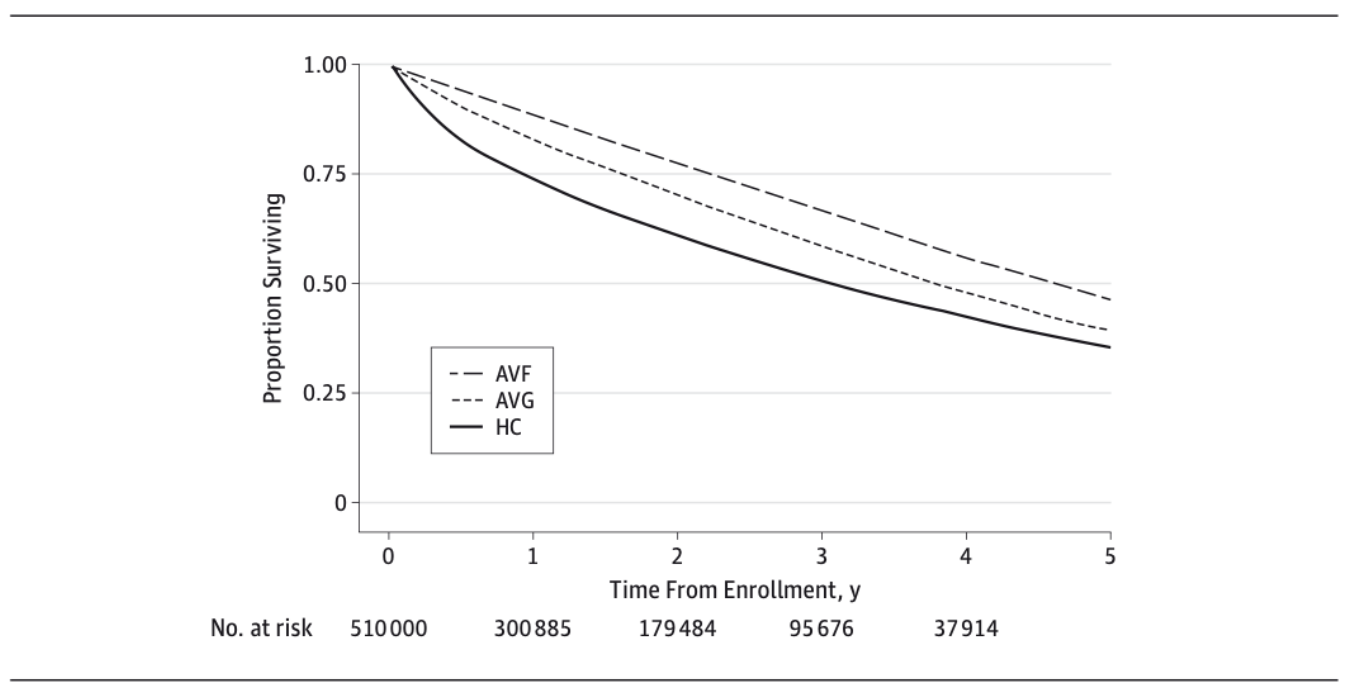How to Choose a Vascular Specialist Who Accepts Medicare Part B
Selecting the right vascular specialist is crucial in managing your vascular health, especially when you rely on Medicare Part B for coverage. The right specialist can significantly impact your treatment outcomes and overall health. Here’s a guide to help you choose a vascular specialist who accepts Medicare Part B and meets your healthcare needs.
1. Verify Medicare Part B Acceptance
The first step is to ensure that the vascular specialist accepts Medicare Part B. Here’s how you can verify this:
- Medicare.gov: Use the "Physician Compare" tool on the Medicare website to search for vascular specialists in your area who accept Medicare Part B.
- Contact the Office: Call the specialist’s office directly to confirm that they accept Medicare Part B. Ask if any additional requirements or paperwork are needed.
- Referral from Your Primary Care Doctor: If you have a primary care doctor, they can recommend specialists who accept Medicare Part B. This can also streamline the referral process if needed.
2. Check Credentials and Experience
It’s essential to choose a specialist with the right qualifications and experience:
- Board Certification: Ensure the specialist is board-certified in vascular surgery or a related field. This certification indicates that the specialist has met rigorous standards and has extensive knowledge of vascular health.
- Experience: Look for a specialist with substantial experience treating your condition. Experienced specialists are more likely to have encountered and successfully managed various vascular issues.
- Hospital Affiliations: Check if the specialist is affiliated with reputable hospitals. This can signify their credibility and access to advanced medical facilities.
3. Evaluate Treatment Options and Technology
A good vascular specialist should offer a range of treatment options and use advanced technology:
- Minimally Invasive Procedures: Ask if the specialist offers minimally invasive treatments, which can result in shorter recovery times and fewer complications.
- Latest Technology: Ensure the specialist uses up-to-date technology and techniques. This can include advanced imaging for accurate diagnosis and cutting-edge procedures for effective treatment.
- Comprehensive Care: The specialist should provide a comprehensive approach to treatment, including diagnostic services, various treatment options, and follow-up care.
4. Consider Communication and Comfort
Effective communication and a comfortable relationship with your specialist are essential for successful treatment:
- Communication Style: Choose a specialist who communicates clearly and listens to your concerns. They should be willing to explain your condition and treatment options and answer any questions you may have.
- Patient Reviews: Look at online reviews or ask for patient testimonials. Positive feedback from other patients can provide insight into the specialist’s bedside manner and effectiveness.
- Comfort Level: It’s important to feel comfortable with your specialist. Trust your instincts and choose someone who makes you feel at ease during consultations and treatments.
5. Assess Office Location and Availability
Convenience and accessibility are key factors to consider:
- Location: Choose a specialist with an office location that is convenient for you. Regular visits may be necessary, so a nearby location can reduce travel time and stress.
- Appointment Availability: Check the specialist’s availability. Ensure they can schedule appointments promptly and accommodate your needs, especially if you require frequent visits or urgent care.
6. Understand Costs and Coverage
Understanding the financial aspect of your care is crucial:
- Medicare Part B Coverage: Confirm that the specialist’s services are covered under Medicare Part B. This typically includes medically necessary services and preventive care.
- Medicare Part G Coverage: Medicare Part B covers 80% of your care. A supplement, Medicare Part G, will covering the remaining fee. Contact your health insurance broker about a Medicare Part G plan.
- Out-of-Pocket Costs: Inquire about any additional costs that might not be covered by Medicare Part B. This can include co-pays, deductibles, and any other out-of-pocket expenses.
- Financial Assistance: Ask if the specialist’s office offers financial assistance programs or payment plans to help manage costs.
Conclusion
Choosing the right vascular specialist who accepts Medicare Part B involves carefully considering several factors. You can make an informed decision by verifying Medicare acceptance, checking credentials and experience, evaluating treatment options, considering communication and comfort, assessing office location and availability, and understanding costs and coverage.
If you are located near San Diego, California Vascular Health Specialists is dedicated to providing high-quality, patient-centered care at our Fallbrook office. We accept Medicare Part B and are committed to helping you achieve better vascular health.
Contact us today to schedule an appointment and take the first step toward effective vascular care.









